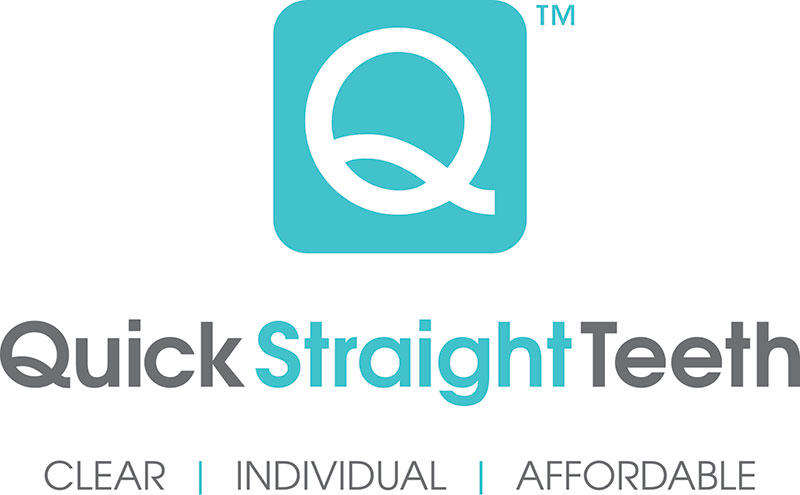Aftercare For Dental Implant
Undergoing dental implant surgery is a significant step towards restoring your smile and confidence. Yet, what follows the procedure – the aftercare for dental implants – is equally crucial to ensure its success.
Many people find themselves uncertain about the proper steps to take post-surgery, leading to concerns about infection, implant failure, or simply how best to care for their new tooth.
One key fact everyone should know is that the healing process following dental implant surgery plays a vital role in its long-term success. This article aims to guide you through every stage of dental implant aftercare, from managing discomfort and swelling immediately after surgery to maintaining oral hygiene and attending follow-up appointments during recovery.
Before and after Dental Implants






Key Takeaways
- Follow immediate aftercare instructions like using a gauze pad, applying ice packs, and avoiding rinsing to ensure the dental implant heals well.
- Keep up with oral hygiene by gently brushing and flossing around the implant site, and use an antimicrobial mouthwash to prevent infection.
- Avoid smoking or using tobacco products as they can harm the healing process and overall success of the dental implant.
- Eat soft foods initially then gradually introduce solid foods as comfort allows while maintaining a balanced diet for oral health.
- Attend all scheduled follow-up appointments with your dentist for check-ups to monitor healing and maintain the health of your dental implant.
Key Do's and Don'ts for Dental Implant Aftercare
After dental implant surgery, follow specific guidelines for rinsing your mouth and managing swelling. During the healing period, avoid certain foods and activities to ensure proper recovery.
Long-term aftercare involves maintaining oral hygiene, attending follow-up appointments and managing discomfort effectively.
Immediate aftercare
Immediate aftercare is crucial for the success of your dental implant. It ensures proper healing and helps avoid any complications.
- Bite gently on a gauze pad immediately after surgery to reduce bleeding. Change pads as they become soaked.
- Apply an ice pack to your cheek directly after the procedure to help minimise swelling and bruising. Use it for 10 minutes at a time.
- Avoid rinsing your mouth for the first 24 hours post-surgery to allow the site to start healing.
- Start using a saltwater rinse the day after surgery. Mix one teaspoon of salt in a cup of warm water and gently swish around the mouth.
- Take prescribed painkillers as directed by your dentist or surgeon if you experience discomfort.
- Keep physical activity to a minimum for the first few days post-implant care to prevent bleeding and swelling.
- Sleep with your head elevated using pillows to help reduce swelling.
- Eat soft foods like yoghurt and pudding for the first 24 hours. Gradually reintroduce solid foods as you feel comfortable.
- Drink plenty of fluids but avoid using a straw as the suction can disturb the surgical site.
- Do not smoke or use tobacco products, as they can hinder dental surgery recovery.
- Update your oral hygiene routine but be gentle around the surgical site to not disrupt healing.
- Follow up with your dentist for check-ups as recommended to ensure proper dental implant maintenance.
By sticking closely to these guidelines, you can aid your recovery process significantly and ensure that your dental implant heals properly for long-term success.
During the healing period
During the healing period, it is crucial to follow these key do’s and don’ts for dental implant aftercare:
- Attend all scheduled follow-up appointments with your dentist or oral surgeon. These visits are essential for monitoring the healing progress and addressing any concerns.
- Avoid strenuous physical activities and exercises that may put pressure on the implant site to prevent complications.
- Follow the prescribed medication regimen as directed by your dental professional to manage pain and prevent infection.
- Stick to a soft food diet and avoid chewing on the side of the implant to promote proper healing without causing any strain.
- Be diligent about maintaining excellent oral hygiene, including gentle brushing and rinsing with an antimicrobial mouthwash as advised by your dentist.
- Refrain from smoking or using tobacco products during this critical phase, as they can hinder proper healing and increase the risk of complications.
- Be mindful of any unusual symptoms or signs of potential issues, such as persistent bleeding, excessive swelling, or loosening of the implant crown, and promptly report them to your dental provider.
Following these guidelines diligently will contribute significantly to the successful recovery and long-term stability of your dental implant.
Long-term aftercare
Long-term aftercare is crucial for the longevity of your dental implant and overall oral health.
It includes:
- Regular dental check-ups: Schedule routine visits to your dentist for professional cleaning and examination to ensure the health and stability of your dental implant.
- Oral hygiene maintenance: Continue to brush and floss regularly, using non-abrasive toothpaste and a soft-bristled toothbrush to avoid damaging the implant or surrounding gums.
- Avoiding harmful habits: Refrain from smoking or using tobacco products, as they can contribute to gum disease and compromise the success of the implant.
- Monitoring changes: Be attentive to any discomfort, changes in bite alignment, or signs of infection around the implant site, and promptly consult your dentist if any issues arise.
- Protecting against teeth grinding: If you have a history of teeth grinding, consider using a mouthguard at night to prevent unnecessary pressure on the implant.
- Nutrition considerations: Maintain a balanced diet rich in essential nutrients to support overall oral health and aid in the longevity of your dental implant.
Continuing these practices will contribute significantly to the lasting success of your dental implant.
Conclusion
In conclusion, taking care of your dental implant is crucial for successful healing and long-term maintenance. Remember to follow the dos and don’ts for immediate aftercare, during the healing period, and long-term aftercare.
Additionally, maintaining good oral hygiene, managing pain and swelling, and following a proper diet are essential for the well-being of your dental implant. Regular check-ups with your dentist will ensure that your dental prosthetic stays in top condition.











